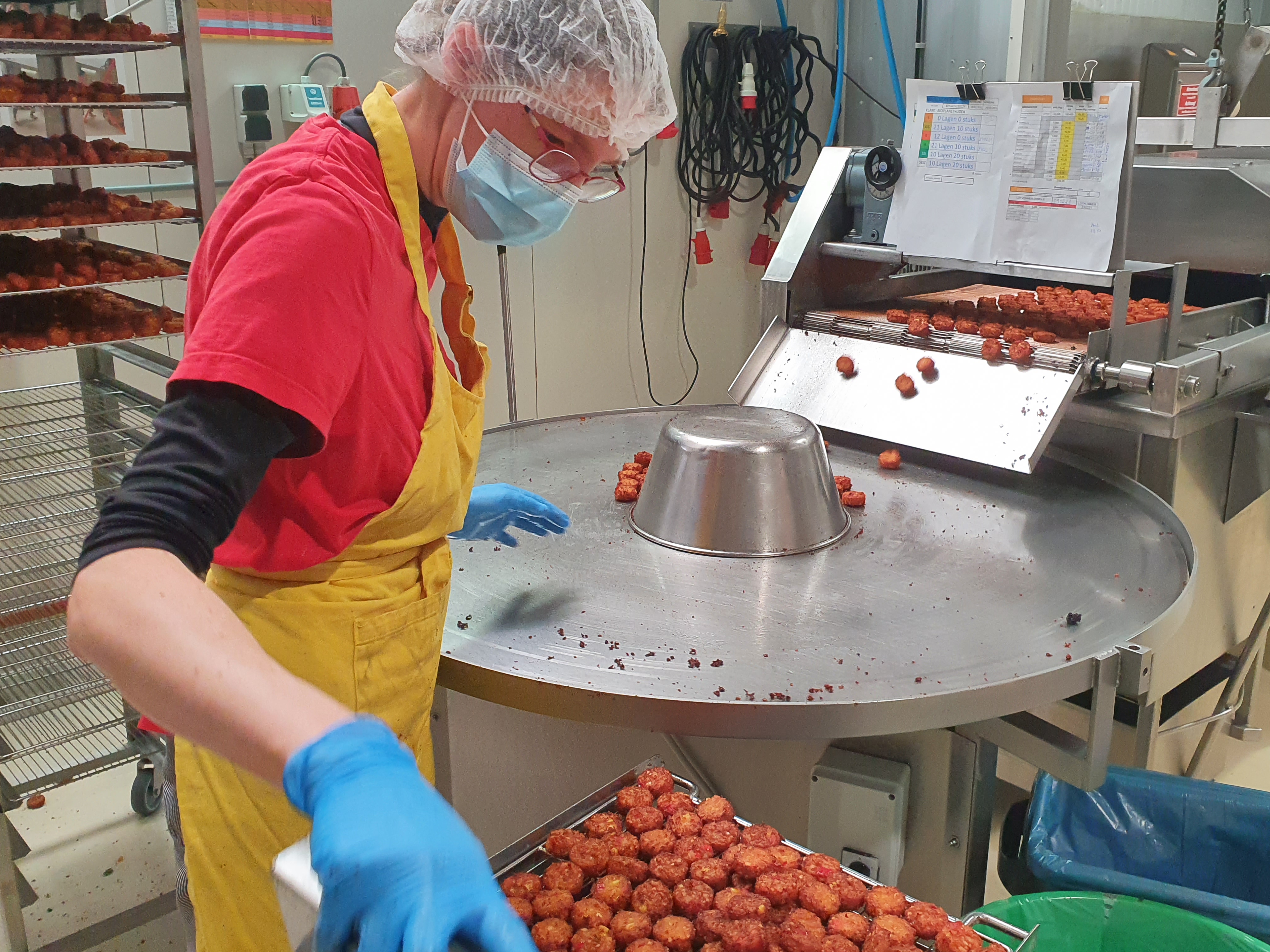


New European legislation came into effect on 1 January this year. It changes the use of flavourings and the rules on labelling. And it doesn't stop there. Industry organisation, Bioforum, identifies more changes.
The new EU Regulation 2018/848 should have come into effect on 1 January last year, but was postponed due to the coronavirus crisis and the sheer complexity. It replaces three regulations: Regulation 834/2007 setting out the basic legislation, Regulation 889/2008 on the rules of production, and Regulation 1235/2008 concerning import and export rules.

© La Vie est Belle
Flavourings in Organic Products
Flavourings generally contain two components: the component that gives the flavour, and a carrier, with or without additives. The food industry's rules on the use of natural flavourings have been tightened. The European legislation allows for two possibilities. Flavourings can be used, according to Bioforum, if they are organic or if they are ‘natural X flavourings’. These are natural flavourings in which at least 95% of the flavour is derived from the source material, such as natural lemon flavouring. The flavourings count as agricultural ingredients in the overall percentage of organic ingredients.
The X flavourings must satisfy the general regulations on organic foods, such as no GMOs, no irradiation and no technically-manufactured nanomaterials.
The use of non-organic flavour components in organic products is permitted, provided it is no higher than 5%. This limit also applies to non-organic carriers and additives.
Labelling
Another change in the European legislation concerns product labelling. If a product contains less than 95% organic ingredients, the term ‘organic’ cannot be used in the name. The organic ingredients can be listed in the ingredients on the product packaging, provided they satisfy the regulations on organic products.
More News on Organic Products
Besides changes in the law on flavourings, the new EU Regulation 2018/848 brings in even more changes. The scope of the organic products regulation, for example, has been extended to some agricultural products including salt, beeswax (as a glazing agent for sweets: editor), natural gums (as a thickener, for example: editor).
The thickeners locust bean gum, guar gum and acacia gum, tara gum and glycerol must be organic as of 1 January. On 1 January 2023 gellan gum joins the list.
Permitted Technologies
Technologies involving an ion-exchanging and adsorption resin are permitted only for wine and the production of organic, complete infant formula, follow-on infant baby food and processed grain-based foods for infants and toddlers, according to information from Bioforum, the industry organisation for organic agriculture and foodstuffs in Flanders.

“It is always advisable to maintain a critical perspective on your own products and adjust them to contemporary needs where necessary”, emphasises Marijke Adriaens, CEO of frozen food company Fribona. “For consumers, taste is still the main consideration. It is essential to work towards a product that is, above all, tasty and visually appealing.”...

Scientists from KU Leuven have discovered how oil penetrates snacks during and after the frying process. Recent research findings point to advanced frying techniques that reduce oil absorption, as well as innovative methods to limit oil uptake during the cooling phase. This paves the way for the development of healthier snacks without compromising...

Food companies are increasingly targeting a wider range of consumer groups. Speaking at an event organised by Fenavian, Julian Mellentin of New Nutrition Business said this strategy offers significant opportunities to respond to the diverse health needs and interests of today’s consumers. “Consumers enjoy both animal and plant-based proteins”, he...

Backed by financial partners, Start it @KBC is launching the accelerator programme Scale it Agro, aimed at scale-ups offering sustainable and innovative agricultural solutions for agriculture and horticulture businesses. Kjell Clarysse, programme director at Scale it Agro, goes into more detail.